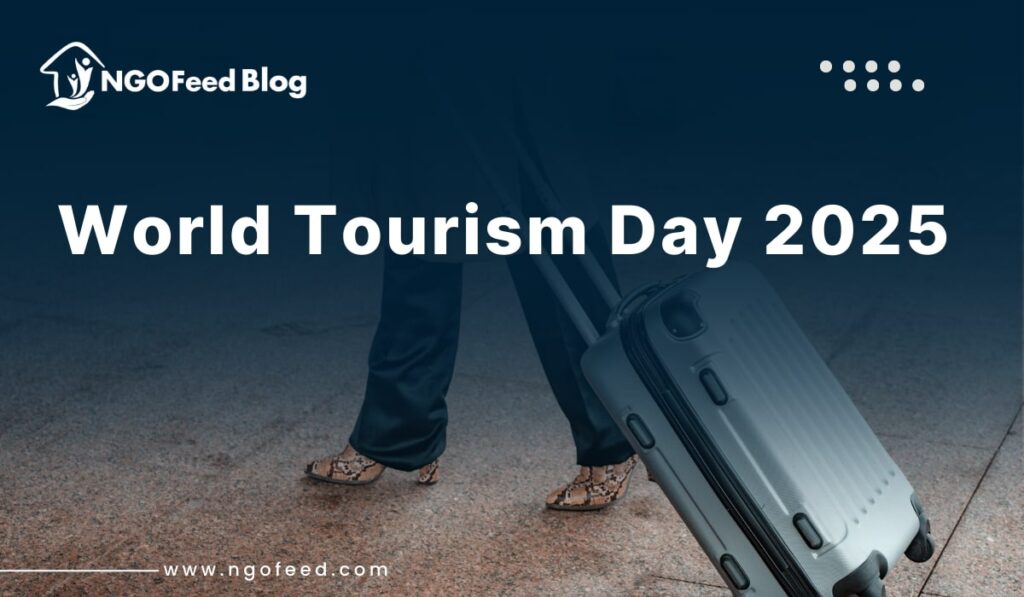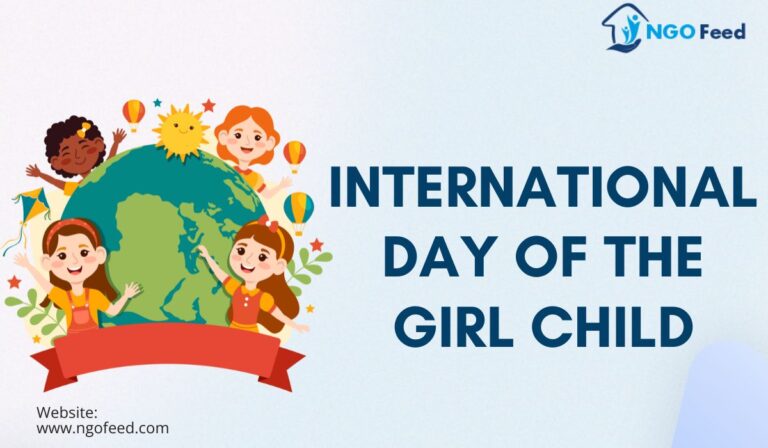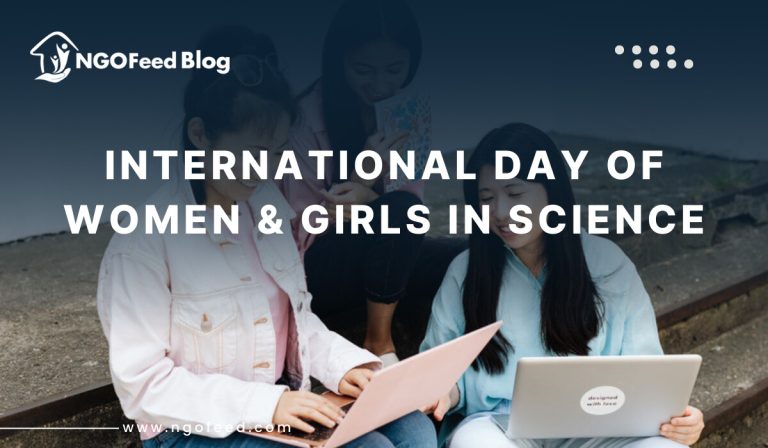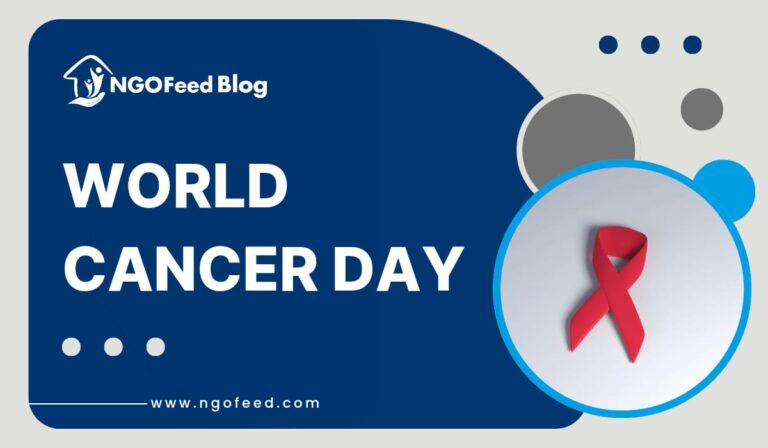World Tourism Day is an annual global celebration observed on 27 September, established by the United Nations World Tourism Organization (UNWTO) to recognize tourism in a variety of ways: socially, culturally, economically, politically and environmentally. For 2025, World Tourism Day carries a timely theme: “Tourism and Sustainable Transformation.” Specifically, this expresses how tourism can be used to not only drive economic growth, but also be an economic engine for sustainability, inclusion, innovation and resilience.
Table of Contents
World Tourism Day Historical Background
The Origins of World Tourism Day:
- The United Nations World Tourism Organization adopted World Tourism Day in 1980.
- September 27 was chosen as it is the date of the adoption of the statutes of the UNWTO in 1970.
Purpose: The purpose of its observance is:
- Raising awareness within the international community of the importance of tourism.
- Showcasing how tourism contributes toward global goals: cultural exchange, sustainable development, poverty alleviation, climate action, and peace.
World Tourism Day 2025 Theme: Tourism and Sustainable Transformation
What Does the Theme Mean?
“Tourism and Sustainable Transformation” is designed to emphasize the need for a change in the way tourism is prepared, delivered and monitored. It is an acknowledgement, that while tourism has bounced back to various levels in many places after COVID-19, the answer is not just for tourism to bounce back and our job is done, the changes must be sustainable – socially, environmentally, economically and culturally.
Key Pillars of Transformation
The UNWTO, and partner organization has identified five priority areas for transforming the tourism sector:
- Governance & Planning: An effective governance layer through policies, regulatory frameworks, long-term strategic planning in line with sustainability and climate-change goals, decision-making transparency together with communities.
- Skills, Education and Inclusion: Capacity-building opportunities, particularly with youth, women and marginalized groups, and ensuring that tourism opportunities accrue equally to all.
- Support for MSMEs and Innovation: Micro, small and medium enterprises in tourism (MSMEs) are often the backbone of a destination economy. Supporting these businesses, particularly for green start-ups, can spur innovation, inclusion and economic resilience.
- Responsible Stewardship of Natural & Cultural Resources: Protect biodiversity, reduce emissions, conserve heritage and ensure tourism is not degrading the very same resources that entice visitors.
- Climate Action & Resilience: One, tourism is susceptible to climate change as one of the most susceptible sectors, whilst also one of the major and most visible contributors to climate change. There was an overall emphasis on adaptation, mitigation processes but also the development of resilient communities and infrastructure.
Why Now?
There are several reasons 2025 will be important for this theme:
- Global Recovery from the Pandemic: As we ease back into international travel we have the opportunity to reconstruct in a more sustainable way
- Rising Awareness of Climate & Environmental Crises: The climate crises causes extreme weather, loss of biodiversity, pollution etc. so tourism needs to respond and not exacerbate the problem
- Inequalities Exposed: There has been increased attention to social inequalities, gender disparities, economic vulnerabilities etc. and sustainable tourism can be part of the solution to some of these inequalities
- Demand coming from Traveler: There is a growing customer base demanding responsible tourism opportunities, a focus on community-based experiences, and active environmental stewardship.
World Tourism Day Impacts & Challenges
Positive Impacts of Sustainable Transformation
- Economic Resilience: By encouraging local businesses and MSMEs, economic benefits spread more evenly. Destinations reliant on mass tourism become less vulnerable.
- Preservation of Culture & Nature: Protecting heritage sites and natural ecosystems helps maintain authenticity and ecological balance, which in turn makes destinations more attractive in the long term.
- Social Inclusion: Tourism can create jobs with the right policies, marginalized groups and women can benefit from cultural exchange and fosters mutual respect.
- Reduced Environmental Footprint: Lower carbon emissions, better waste management, and use of renewable energy and protection of biodiversity.
Key Challenges & Risks
- Overtourism & Degradation: Some destinations suffer from excessive numbers of tourists, putting pressure on infrastructure, environment, local ways of life.
- Lack of Inclusivity: Without deliberate efforts, benefits of tourism may remain concentrated, bypassing marginalized communities.
- Greenwashing / Insufficient Governance: Simply saying “green” isn’t enough, real standards, monitoring and accountability are also needed.
- Climate Vulnerabilities: Many destinations are very vulnerable to climate impacts (sea level rise, storms, drought etc.), which threaten tourism infrastructure and livelihoods.
- Balancing Growth vs. Conservation: Tourism growth often conflicts with conservation goals unless carefully managed.
Recommendations & Strategies for Stakeholders
Role of Governments & Policy Makers
- Develop and enforce sustainability policies: environmental protection laws, heritage preservation, infrastructure standards.
- Ensure planning is inclusive, engaging local communities in decision-making.
- Support capacity building: training programmes, vocational education for people in tourism.
Role of Businesses & the Private Sector
- Adopt green practices: energy efficiency, waste reduction, responsible sourcing, and low carbon transport options.
- Innovate: eco-tourism, community-based tourism, digital tools to improve efficiency and reduce environmental footprint.
- Collaborate: work with local communities, NGOs, governments to ensure positive impacts.
Role of Communities & Civil Society
- Be active participants: share in planning, voice concerns about tourism impact, preserve heritage and local culture.
- Offer unique experiences grounded in culture: homestays, traditional crafts, guided tours that show authentic life.
- Stewardship: protect biodiversity, promote care for natural resources.
Role of Travellers in World Tourism Day
- Travel mindfully: respect local customs, reduce waste and choose sustainable accommodations and transport.
- Prioritize experiences that support local economies (buy local crafts, eat local food, etc.).
- Educate oneself about environmental and cultural sensitivities of destinations.
Measuring Success: Indicators & Monitoring
To ensure sustainable transformation, some measurable indicators are needed. Possible metrics include:
- Reductions in carbon emissions per tourist and from tourism infrastructure.
- Percentage of tourism operators/MSMEs adopting sustainable certifications or practices.
- Employment figures, especially for women, youth and marginalized groups.
- Number of destinations with management plans that balance tourist flow with ecosystem carrying capacity.
- Preservation/restoration efforts of heritage sites, natural habitats and biodiversity indices.
- Local community satisfaction and benefit, surveys to measure how local populations perceive tourism’s effects.
Looking Ahead: Vision for the Future
By embracing sustainable transformation, tourism can support several of the UN’s Sustainable Development Goals (SDGs): decent work and economic growth (SDG 8), reduced inequalities (SDG 10), climate action (SDG 13), life on land (SDG 15), sustainable cities and communities (SDG 11) among others.
A future where tourism:
- Respects the ecological limits of destinations.
- Celebrates and preserves cultural heritage, including intangible heritage.
- Offers inclusive opportunities for women, youth, indigenous peoples and those in remote areas.
- Is resilient to crises (climate shocks, pandemics and economic downturns).
- Is a positive force for peace, mutual understanding and global cooperation.
Conclusion
World Tourism Day 2025 is not just a day of celebration, it can serve as a basis for action. The theme for 2025 is “Tourism and Sustainable Transformation” which challenges all actors governments, businesses, communities and travellers to rethink and reconfigure tourism so that it has the potential to benefit people and planet. As the world converges on Melaka, Malaysia and in numerous other countries for local events, we hope the ideas inspired, the policies confirmed and the practices embraced will inspire a meaningful and lasting transformation. Tourism can connect cultures, create livelihoods and build understanding but can only do this if we think of how tourism can continue to do this in a sustainable, inclusive and thoughtful way.









